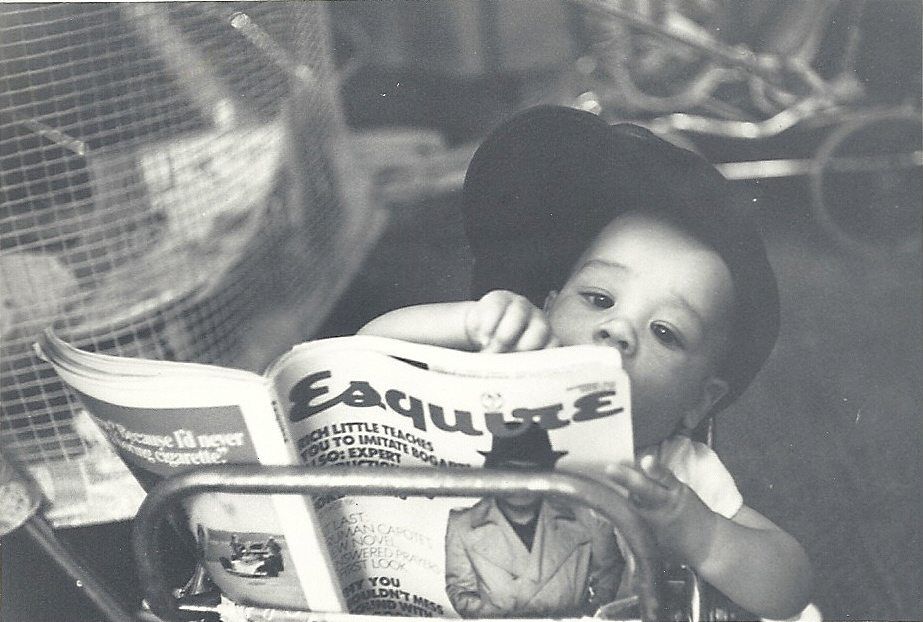The Old Role Switcheroo
/I’ve noticed something in my relationship with my parents—it feels like I stepped into the parental role way too early in life. Recently, I read an article in the Chicago Tribune that confirmed this isn’t uncommon. More and more kids are becoming the “grown-ups” in their homes before they even hit adulthood. And honestly? It feels a little unfair.
I remember my own teenage years being mostly secluded. Sure, I had moments of escape, like going to band camp. But when I came home, I was expected to take care of my younger sister. It always felt like my mom either didn’t notice her misbehavior or just let her do what she wanted. And my dad? He stopped being a part of our lives when I was 14. He only resurfaced about three years ago.
By 16, I was the one keeping an eye on my sister, trying to make sure she wasn’t sneaking around with the neighbor or coming home with a hickey that my mom would notice. I felt like I had to be responsible for her, and it left me longing for something deeper with my mom—a connection I never really got.
When I finally left for college, it felt like I was doing something just for me—a bold step toward independence. But I carried a heavy guilt. After I left, things seemed to fall apart for my sister. She dropped out of high school, moved in with her boyfriend at 16, and I constantly wondered: What if I hadn’t left?
After many years of therapy—and lots of sessions with the Comedian, my in-house therapist—I’ve come to realize something important: I was too young to be anyone’s savior. I wasn’t responsible for my sister’s choices. But that early sense of responsibility shaped me. It showed up in my relationships too. I kept dating people I thought I could “fix.” (If I had a dollar for every time...)
I mean, I once picked up an ex-boyfriend from a bus stop just so we could hang out—because he “couldn’t make it all the way.” That was the norm for me. Until I met the Comedian. He was the first person who took care of me, and in return, I got to take care of him. That mutual support was a whole new experience.
The Chicago Tribune article described kids just like me:
“A straight-A student comes home and starts supper, knowing she’ll spend the evening listening to her dad talk about his troubled personal life.”
“A young beauty-pageant contestant beams at her mom, who is proud to call her daughter her best friend.”
I know people who lived this. And even as adults, it feels like our parents pull us back into those same roles—the ones where we had to grow up too fast.
That instinct to take care of everyone? It still lingers. I still catch myself wanting to fix everything for my family. But for my own well-being and sanity, I’ve learned something critical:
It’s okay to step back.
Let them figure it out sometimes. Because healing your own inner child often means releasing the need to parent everyone else.


